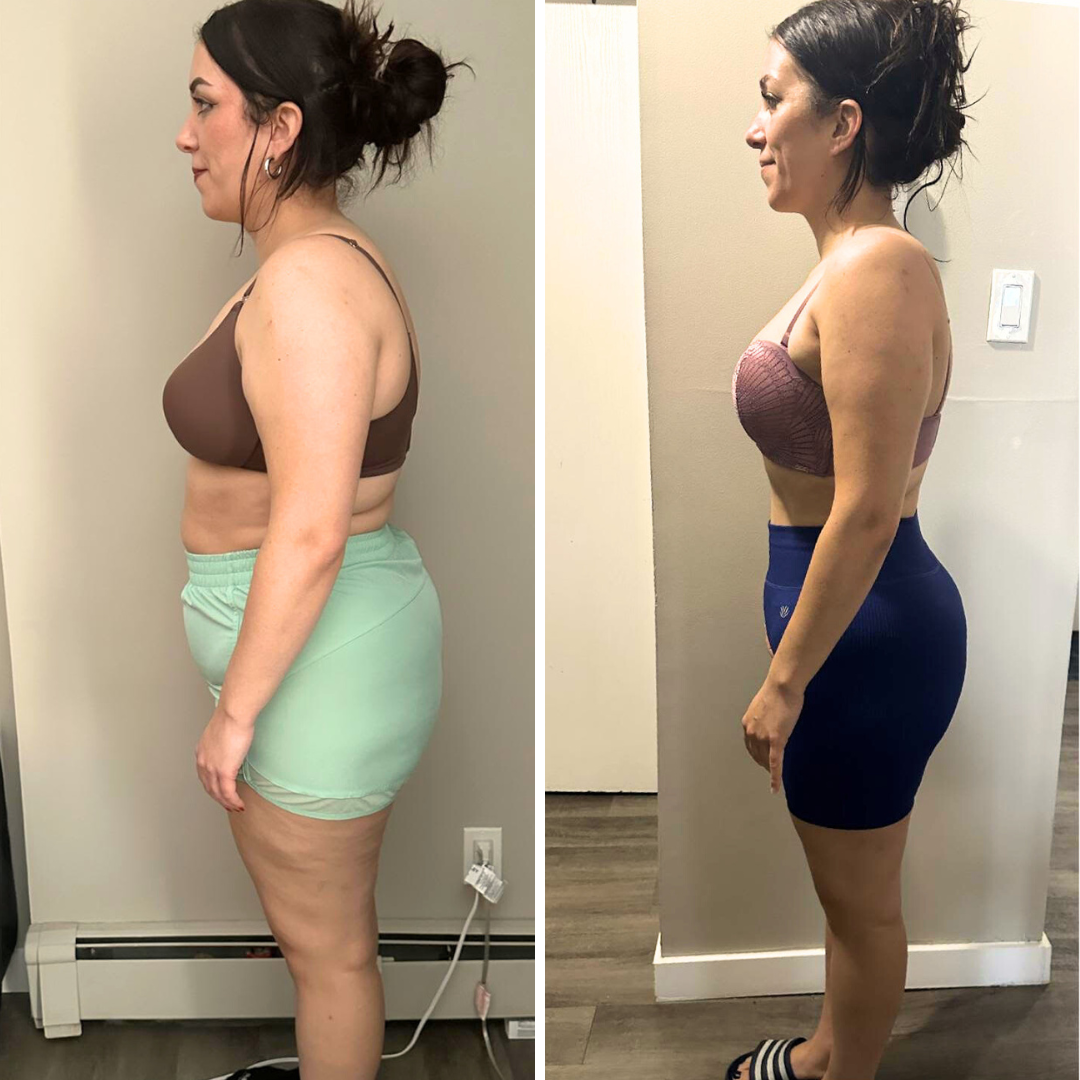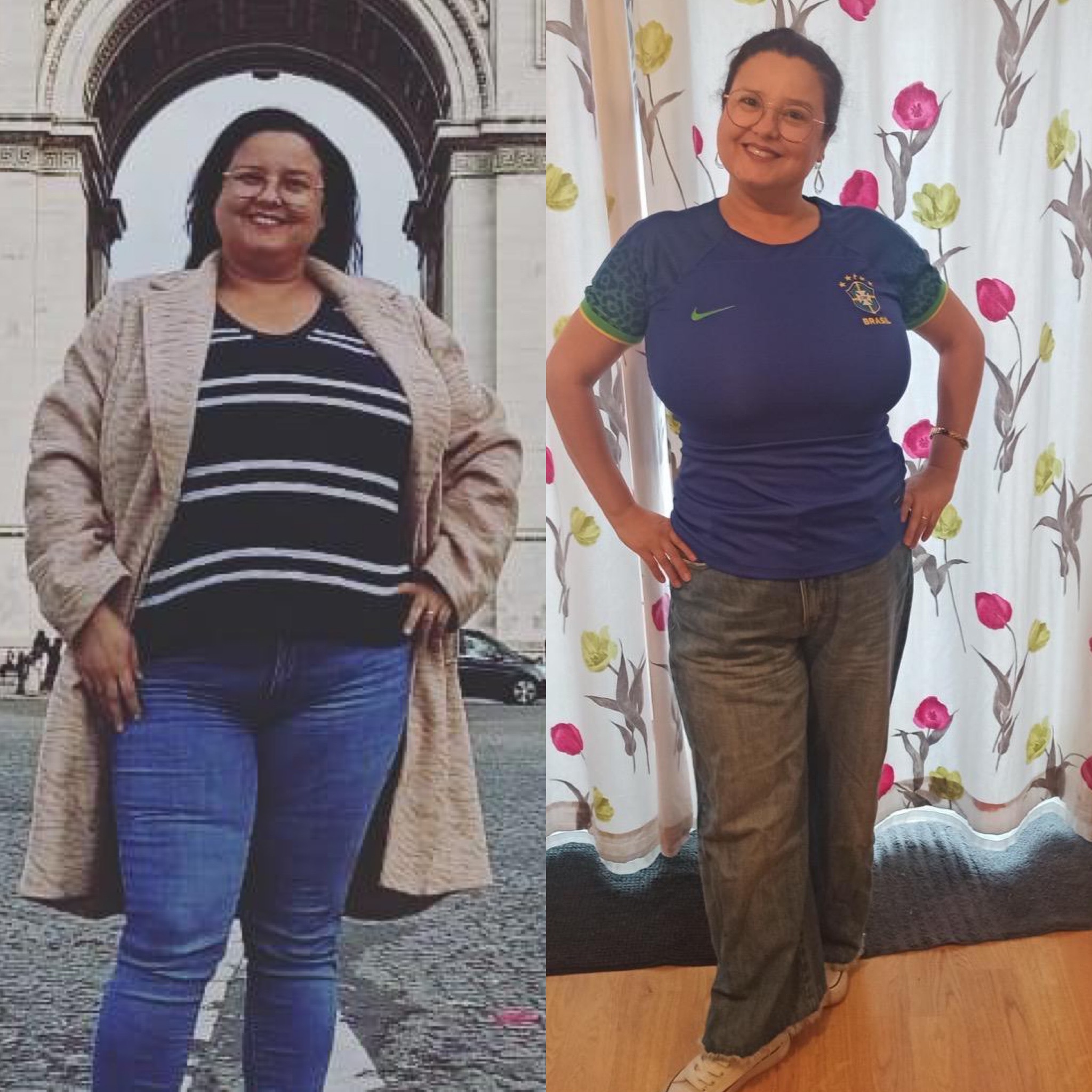Vitamin Deficiencies: What are the Main Signs and Symptoms?

Vitamins Explained by a Nutritionist in London
Vitamins are called essential micronutrients because they are necessary to the body in small amounts, but they are essential for the maintenance of good health.
The body does not store most of the vitamins. The deficiency of these vitamins usually develops in weeks to months. Therefore, people should consume them regularly. Vitamins A, B12, and D are stored in significant amounts, especially in the liver. Vitamins A and D are also stored in adipose cells (fat cells).
Some vitamins (A, D, E and K) are lipo-soluble which means they are absorbed in fat and we store them. Others, like vitamins B and C, are water-soluble. B vitamins include biotin, folate, niacin, pantothenic acid, riboflavin (vitamin B2), thiamine (vitamin B1) and vitamins B6 (pyridoxine) and B12 (cobalamines). The water soluble vitamins excess usually are efficiently eliminated by our urine.
The state of nutritional deficiency occurs when the intake of nutrients does not correspond to the needs for optimal health of an individual. With this, there are some signs and symptoms that we should be aware of.
Some examples of nutritional deficiencies of the major vitamins:
Vitamin A
Vitamin A is related to immune functions, skin health, vision, reproduction and cellular communication.
Signs and symptoms of deficiency: increased risk of infections; night blindness; dry skin and hair; recurrent conjunctivitis; colour blindness; infected and ulcerated eyes; macular degeneration and acne.
Vitamin C
Vitamin C is a powerful antioxidant and prevents various diseases.
Signs and symptoms of deficiency: Dry skin, dry or brittle hair, bleeding gums, delayed wound healing, immune problems – colds and recurring flu, tooth loss, anemia, nose bleeding, bruising, muscle weakness and fatigue.
Vitamin E
Vitamin E is an antioxidant that protects cells and prevents muscle weakness and neurological problems.
Signs and symptoms of deficiency: Eye problems such as retinopathy and cataract, skin problems such as acne, wounds, scars and stretch marks; mild anemia; fertility problems and abnormalities in brain function.
Vitamin B12
This vitamin plays a key role in the functioning of the brain and nervous system, as well as in the formation of red cells.
Signs and symptoms of deficiency: Numbness and twinges in the hands, legs or feet; lack of balance; anemia; swelling or inflammation of the tongue; jaundice (yellowish skin); weakness; paranoia and hallucinations; lack of air; cognitive difficulties and loss of memory and loss of vision.
Complex B Vitamins
Other B vitamins include B1 (thiamine), B2 (riboflavin), B3 (niacin), B5 (pantothenic acid), B6, B7 (biotin) and folate. One of their very important functions is to aid in the metabolism of nutrients in our body.
Signs and symptoms of deficiencies: vision problems; fatigue; adrenal insufficiency; oedema (fluid retention); pallor and dandruff.
Vitamin D
Vitamin D plays an important role in the immune system and promotes bone growth.
Signs and symptoms of deficiency: overweight or obesity; depression; bone pain; low mineral density in bones; osteoporosis (porous and brittle bones); osteomalacia (softening of bones); rickets (a disease that causes severe bone deformities) and muscle weakness.
Other nutritional deficiencies and risks
There are other symptoms related to nutritional deficiencies not only of these vitamins but of minerals as well, so it is ideal that everyone undergoes periodic nutritional screening throughout life by a nutritionist to perform nutritional assessments regularly.
The consumption of large amounts (megadoses) of certain vitamins (usually supplements), without the supervision of a professional, can have harmful effects.
In order for these deficiencies to be identified, it is important to do a blood tests for vitamins.
At Raquel Britzke Clinic in London, we perform blood tests for the main vitamins (A, C, E, B1, B2, B6, B12, and folate). If you are concerned and have one or more of the symptoms above seek professional advice.
For more information about the vitamin blood test contact us on WhatsApp so we can arrange it for you.. If you rather book a consultation with a nutritionist in London near you click here.
Get an action plan with a Free Assessment!
Get personalized insights to enhance your well-being and achieve your goals. In this 15-minute video call, we will listen to you and guide you on what you need to do.
Schedule Your Free AssessmentRecent blogs







